How Deep Will Metal Detectors Detect?
Metal detectors are fascinating devices that have captured the interest of hobbyists, security personnel, and treasure hunters alike. One of the most common questions asked by users is, "How deep will metal detectors detect?" This question is crucial for anyone looking to invest in a metal detector, as the depth capability can significantly impact the effectiveness of the device for various applications. In this article, we will delve into the factors that influence the depth at which metal detectors can detect objects, the types of metal detectors available, and practical tips for maximizing detection depth.
Factors Influencing Detection Depth
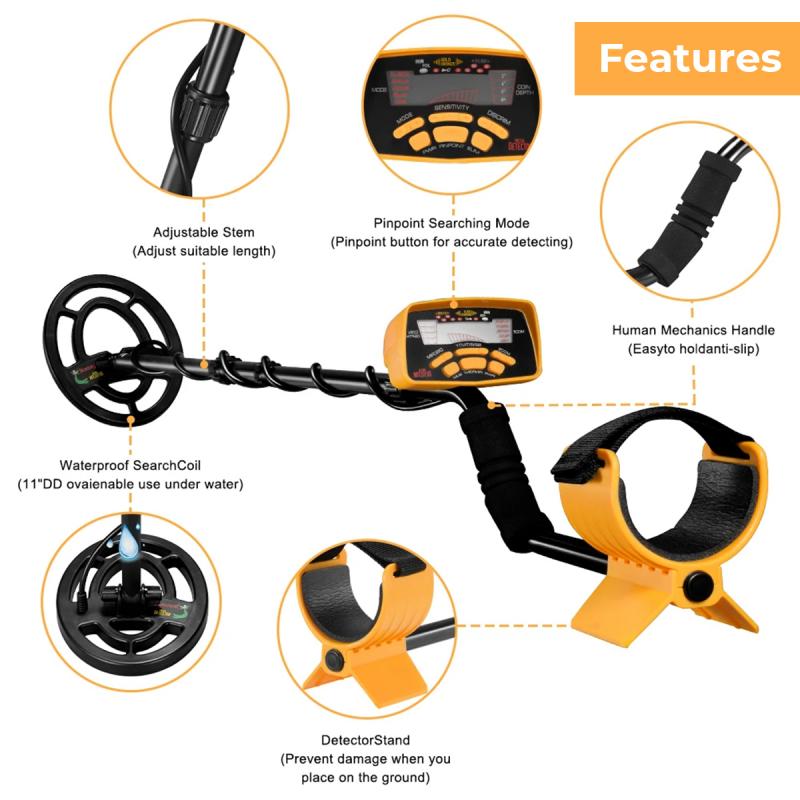
Several factors influence the depth at which a metal detector can detect objects. Understanding these factors can help users make informed decisions and optimize their metal detecting activities.
1. Type of Metal Detector
There are different types of metal detectors, each designed for specific purposes and with varying depth capabilities. The most common types include:
- Very Low Frequency (VLF) Detectors: These are the most popular and versatile metal detectors. They are suitable for detecting coins, jewelry, and relics. VLF detectors typically have a detection depth of up to 12 inches for small objects and up to 3 feet for larger objects.
- Pulse Induction (PI) Detectors: These detectors are known for their ability to detect objects at greater depths, especially in highly mineralized soils or saltwater environments. PI detectors can detect objects up to 2 feet deep for small items and up to 6 feet for larger items.
- Multi-Frequency Detectors: These advanced detectors operate on multiple frequencies simultaneously, providing better depth and discrimination capabilities. They can detect small objects up to 15 inches deep and larger objects up to 4 feet deep.
2. Size and Composition of the Object
The size and material of the object being detected play a significant role in determining the detection depth. Larger objects are easier to detect at greater depths compared to smaller objects. Additionally, objects made of highly conductive metals like silver and copper are easier to detect than those made of less conductive metals like stainless steel.
3. Soil Composition and Mineralization
The type of soil and its mineral content can significantly affect the detection depth. Highly mineralized soils, such as those containing iron or salt, can interfere with the metal detector's signals, reducing its depth capability. Conversely, low-mineral soils, such as sandy or loamy soils, allow for deeper detection.
4. Ground Balance and Sensitivity Settings
Properly adjusting the ground balance and sensitivity settings on a metal detector can enhance its depth capability. Ground balance helps to neutralize the effects of mineralization, while sensitivity settings control the detector's ability to pick up faint signals from deeper objects. However, setting the sensitivity too high can result in false signals and reduced accuracy.
5. Coil Size and Type
The size and type of the search coil also influence the detection depth. Larger coils can detect objects at greater depths but may sacrifice sensitivity to smaller objects. Conversely, smaller coils offer better sensitivity to small objects but have a shallower detection depth. Additionally, specialized coils, such as double-D coils, can provide better depth and discrimination in mineralized soils.
Practical Tips for Maximizing Detection Depth
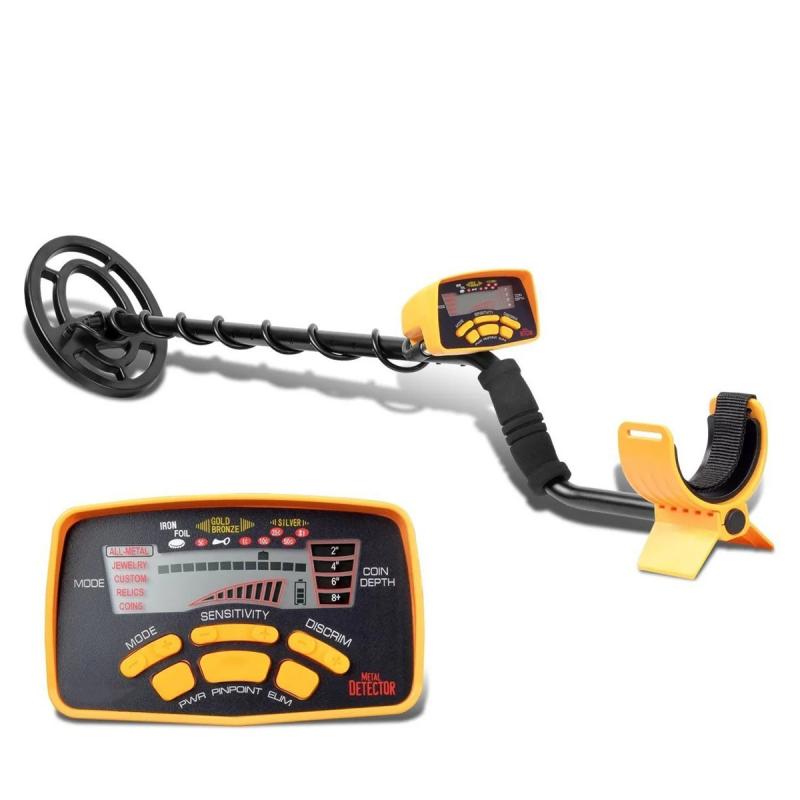
To get the most out of your metal detector and achieve the greatest detection depth, consider the following practical tips:
1. Choose the Right Metal Detector
Select a metal detector that suits your specific needs and the type of terrain you will be searching. For example, if you plan to search in highly mineralized soils or saltwater environments, a pulse induction detector may be the best choice. For general-purpose detecting, a VLF or multi-frequency detector may be more suitable.
2. Optimize Ground Balance and Sensitivity
Take the time to properly adjust the ground balance and sensitivity settings on your metal detector. Start with a lower sensitivity setting and gradually increase it until you find the optimal balance between depth and accuracy. Regularly recheck and adjust these settings as you move to different areas with varying soil conditions.
3. Use the Appropriate Search Coil
Choose a search coil that matches your detecting goals. For deeper detection, use a larger coil, but be aware that it may be less sensitive to smaller objects. If you are searching for small items, such as coins or jewelry, a smaller coil may be more effective. Consider using specialized coils, such as double-D coils, for better performance in mineralized soils.
4. Practice Proper Search Techniques
Employ proper search techniques to maximize your detection depth. Sweep the coil slowly and steadily, keeping it close to the ground. Overlapping your sweeps ensures that you cover the area thoroughly and do not miss any potential targets. Additionally, consider searching in different directions to account for the orientation of buried objects.
5. Regularly Maintain Your Equipment
Regular maintenance of your metal detector can help ensure optimal performance. Clean the search coil and control box regularly to remove dirt and debris. Check for any loose connections or damaged components and address them promptly. Keeping your equipment in good condition can enhance its depth capability and overall effectiveness.
The depth at which a metal detector can detect objects depends on various factors, including the type of detector, the size and composition of the object, soil conditions, and the settings and techniques used. By understanding these factors and following practical tips, users can maximize the detection depth of their metal detectors and improve their chances of finding valuable items.
Whether you are a hobbyist searching for coins and relics, a security professional ensuring safety, or a treasure hunter seeking hidden treasures, selecting the right metal detector and optimizing its settings can make a significant difference in your success. With the right knowledge and approach, you can unlock the full potential of your metal detector and enjoy the thrill of discovery.

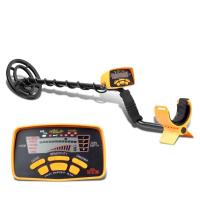
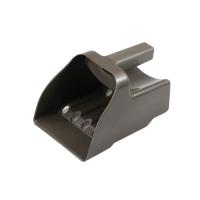
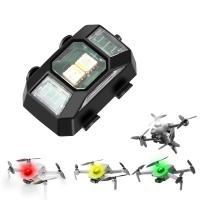
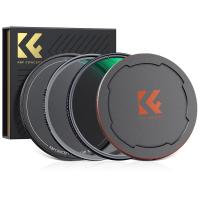
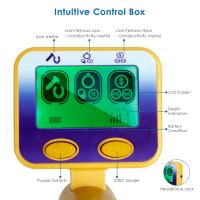

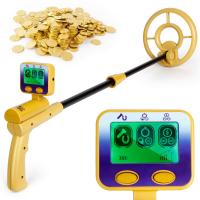
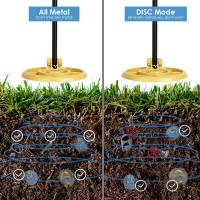




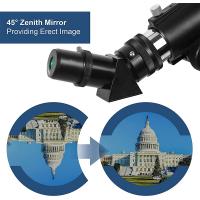
There are no comments for this blog.